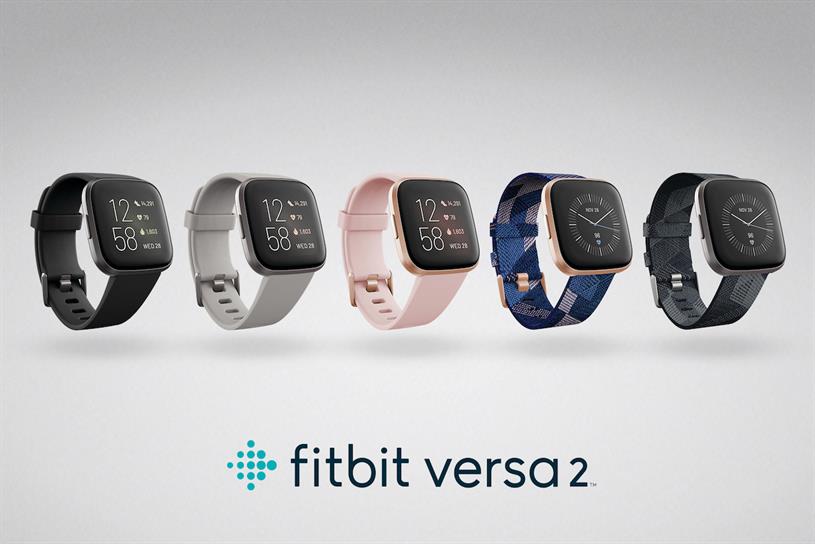Google is making its biggest consumer electronics acquisition since smart home brand Nest in 2014 after striking a deal to buy Fitbit for $2.1b.
Fitbit claims to have 28 million active users of its activity trackers, scales and smart watches, which include its new $200 Amazon Alexa-equipped Versa 2.
Google, which had a high-profile failure in consumer wearables with the cancellation of its Glass spectacles in 2015, had of late limited itself to developing operating system Wear OS and fitness tracking app Google Fit.
The attraction of the deal, according to Google’s senior vice-president of devices and services, Rick Osterloh, was “the opportunity to invest even more in Wear OS, as well as introduce Made by Google wearable devices into the market”.
He added: “By working closely with Fitbit’s team of experts and bringing together the best AI, software and hardware, we can help spur innovation in wearables and build products to benefit even more people around the world.”
Fitbit theoretically offers another platform for Google’s Assistant voice-activated software, which competes with Apple’s Siri, Amazon’s Alexa and Microsoft’s Cortana.
However, Google’s immediate focus is on alleviating potential concerns among Fitbit owners about what access the company and its advertisers will have to their data.
In their statements about the deal, Fitbit and Google have pledged to “remain transparent about the data Fitbit collects and why” and that “Fitbit health and wellness data will not be used for Google ads”.
David Coombs, head of strategic services, Cheil UK (which works for Samsung), observed: “Google haven’t had the most success in wearable tech over the years, so it is no surprise that they are trying to get ahead by buying one of the biggest wearable tech companies out there.
“According to IDC, wearable technology is growing at 16% year-on-year – that’s double digit growth to counter the double digit decline of mobile. Winning the smartphone battle is no longer enough, and the purchase of Fitbit provides a promising opportunity for Google to make serious headway in the wearables market, going up against the likes of Apple, Amazon and Samsung.
“It has the potential to benefit both sides, giving Google a platform to build an Android powered ecosystem and giving Fitbit a way to build more smarts into their wearables.”







